Jakarta, MINA – Indonesia’s Minister of Religious Affairs, Nasaruddin Umar, said that the Islamic tradition of giving, through zakat (almsgiving), infak (donations), sedekah (charity), and waqf (endowments), holds vast potential to help lift more than two million people out of extreme poverty in the country.
He made the remarks while flagging off participants of the Zakat Waqf (ZaWa) Funwalk in Jakarta on Sunday.
According to Nasaruddin, if zakat and waqf funds were managed optimally, Indonesia could mobilize at least Rp20 trillion (around USD 1.3 billion) to empower impoverished communities, 90 percent of whom are Muslims.
“To free more than two million people from extreme poverty, we only need around Rp20 trillion, provided zakat and waqf management is carried out effectively,” he said.
Also Read: Jakarta Considers Adjusting Transjakarta Bus Fares amid Rising Subsidy Burden
The minister emphasized that strengthening the management of zakat, waqf, infak, and sedekah would not only help reduce poverty but also lessen reliance on government assistance and encourage greater economic self-reliance among Muslims.
He expressed hope that awareness among Indonesian Muslims to fulfill their zakat obligations and promote waqf will continue to grow, enabling this significant potential to be realized in the collective effort to eradicate poverty.[]
Mi’raj News Agency (MINA)
Also Read: Hamas Reaffirms Commitment to Returning Bodies of Israeli Soldiers





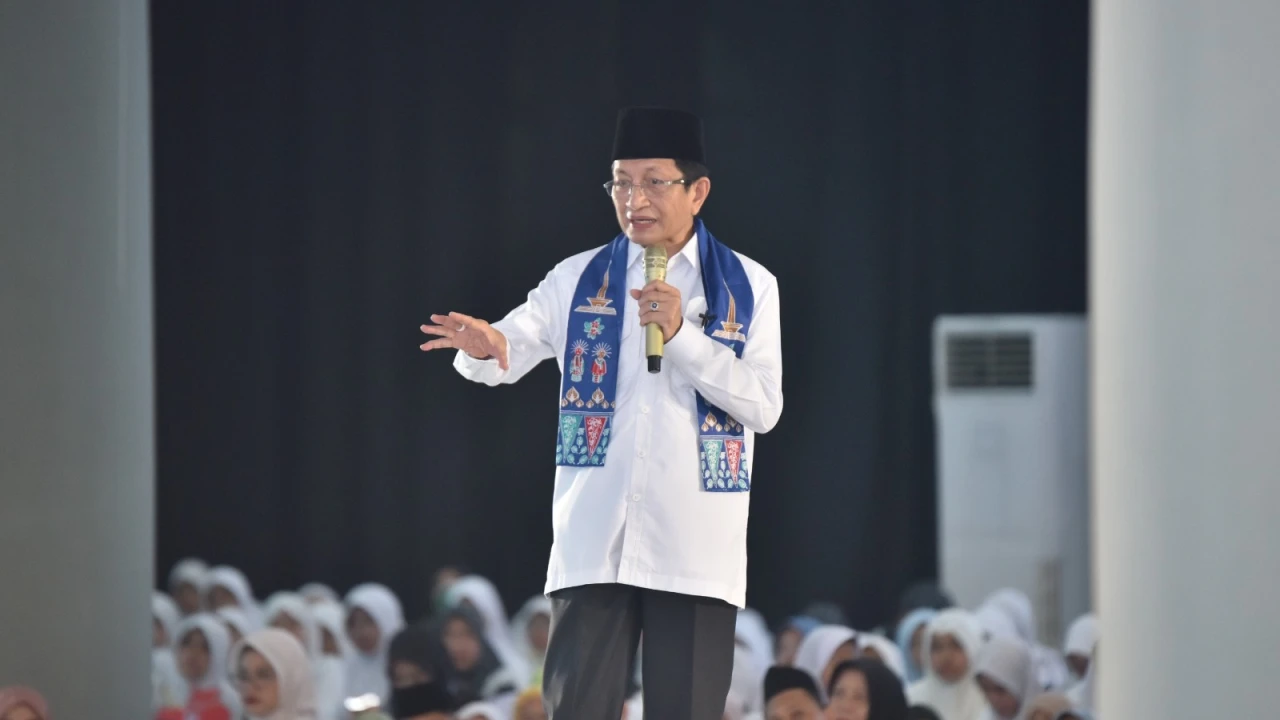








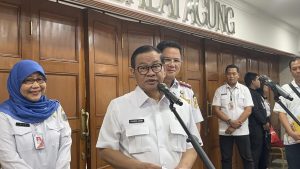
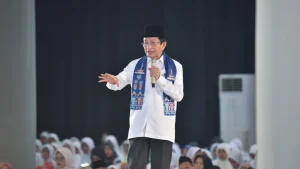






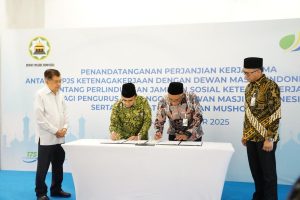
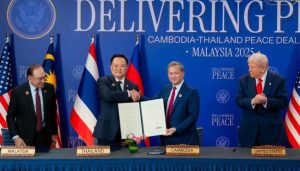
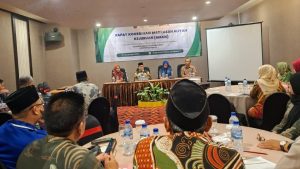
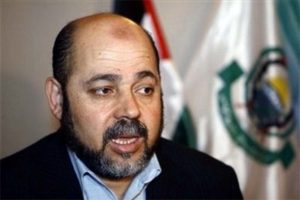


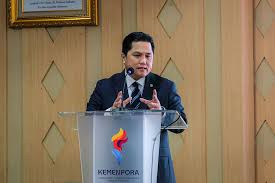



 Mina Indonesia
Mina Indonesia Mina Arabic
Mina Arabic